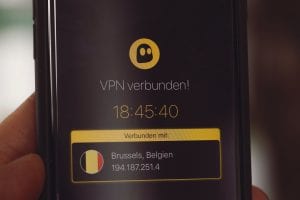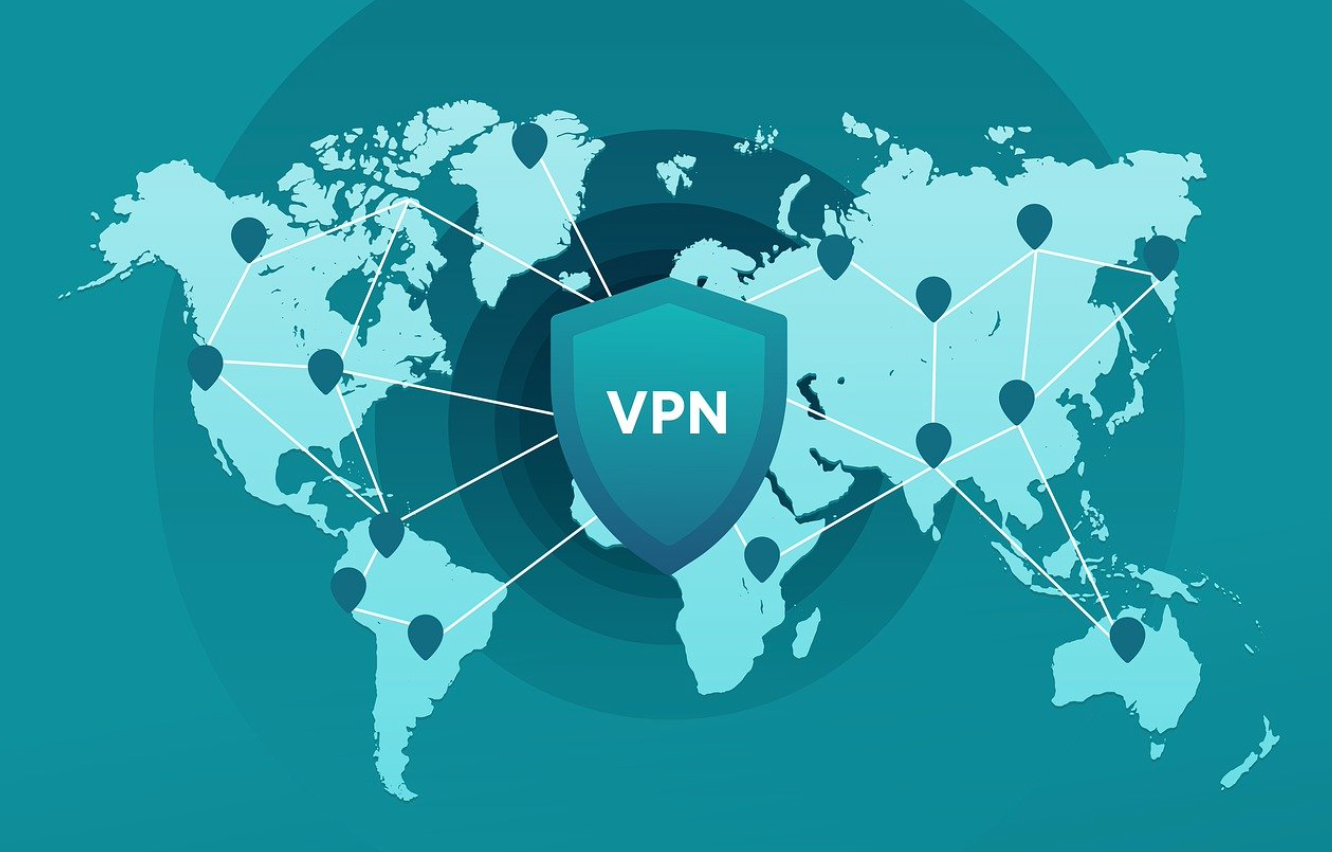If you use a VPN service and plan on traveling, it is crucial to assess the VPN legality across countries since most countries allow the use of VPNs, while others impose restrictions or bans.
A Virtual Private Network, or VPN, encrypts and secures your internet connection between devices and the Internet. This cybersecurity tool masks your location and prevents third parties or hackers from intercepting your web traffic. The legalities of VPNS vary by country and jurisdiction. How legal VPNs are can be based on a country’s stance on online privacy, surveillance, and censorship. Why are VPNs illegal or restricted in some countries?
Legal Implications of VPNs
VPNs are legal in countries like Canada, the United States, South Africa, and most of Europe. However, VPNs can be heavily restricted, outright banned, or regulated, with only government-approved VPNs allowed in some countries. Countries practicing censorship or online surveillance view VPNs as a threat due to the nature of VPNs, essentially hiding IP addresses and online activities.
The benefits of using a VPN go beyond hiding your IP address. for establishing a pathway for your information safeguarding your online actions, like personal banking information, from cyber risks such, as data breaches.
VPNs are incredible tools for people looking to stream blocked content on apps like Netflix or to access offshore casinos. Krishi Chowdhary from Techopedia mentions that geo-blocks restrict the availability of their content library depending on where you’re located. VPNs can help bypass limitations and access more shows and movies blocked in your country.
Which Countries Are VPNs Illegal, Restricted, or Banned?
If you plan on traveling and using a VPN, make sure VPNs are legal.
Countries Where VPNs are Illegal
- Belarus: VPNs have been illegal in Belarus since 2015, as the government aims to block technology that anonymizes internet usage, like Tor, and social media apps like Telegram and Signal. The Belarus government uses deep packet inspection (DPI) that works like a network filter to identify and block VPN traffic.
- Iraq: VPNs have been banned in Iraq since 2014 to prevent access to certain apps and sites. The government censors, monitors, and blocks online content.
- North Korea: VPNs are entirely banned in North Korea, where the general public cannot access the Internet. The country uses an intranet service called Kwangmyong, which is completely monitored by the government and is closed off to the rest of the world.
- Oman: VPNs are illegal for the public in Oman, but companies and organizations can use VPNs with a license. The government of Oman blocks content that is in violation of their religious and moral standards.
- Turkmenistan: The Turkmenistan government explicitly bans VPNs. The state heavily censors and restricts the Internet and can track citizens using a VPN.
Countries Where VPNs are Restricted
- China: Although VPNs are legal, only government-approved VPNs are allowed and VPN use is heavily restricted.
- Iran: Only government-approved VPNs are legal in Iran, with heavy monitoring of state-sanctioned VPNs.
- Russia: VPN use is heavily restricted in Russia, with bans on accessing blocked content and requirements for VPN providers to provide access to servers located in Russia. Russia controls the information its citizens can access, ensuring access to social networking services are not accessed.
- Turkey: VPNs are legal but heavily restricted in Turkey. The government, however, is actively trying to block VPN providers due to their censorship and surveillance. The country is notorious for blocking online content due to Law No. 5651, which allows authorities to block access to online platforms.
- United Arab Emirates (UAE): VPNs are restricted, but using them for illegal activities or accessing banned websites can lead to penalties. Due to the country’s moral standards, the UAE government aims to control access to online content and surveil internet activities.
Countries Where Government-approved VPNs are the Only Legal Option
- India: VPNs are legal in India. However, VPN providers are required to collect and store user data, storing the information for at least five years. VPN providers also need to follow stricter KYC verifications for citizens, which VPN providers contest due to the potentially higher rates they would incur. However, non-compliance can result in jail sentences, undermining their ability to maintain quality services.
How Countries Enforce VPN Bans
Countries enforce VPN bans through various methods to restrict or block VPN usage. Some standard enforcement techniques include:
Blocking VPN Provider Websites
Authoritarian governments make VPN websites inaccessible within their borders by blocking domain names through DNS tampering and IP bans, making it difficult for users to access VPN services.
Shutting Down VPN Operations
If VPN companies continue to operate clandestinely, regimes may attempt to shut down in-country business operations entirely, making it challenging for users to access VPN services within the country.
Website Blocking and DNS Filtering
Governments use deep packet inspection (DPI) to analyze web traffic content, identifying VPN traffic even when VPN sites are blocked. DNS filtering, which blocks domain names associated with VPN services, is another method used to restrict VPN usage.
Registration and Licensing Schemes
Some restrictive regimes require VPNs to be registered with government agencies to operate legally. This licensing system grants censors access to VPN user data and oversight over content restrictions, making it challenging for VPN providers to maintain user privacy and security.
Criminalizing Individual VPN Usage
Despite bans, some countries criminalize VPN usage to create chilling effects on broader adoption. Regimes may prosecute individuals using VPNs, making examples of dissident activists intimidating citizens through threats of fines or jail time.
Regulatory Challenges Faced by VPN Providers
VPN providers face challenges in complying with regulations due to:
- Following individual rules and regulations for data management
- Maintain privacy while collecting, storing, and using passenger data
- Keep up with security trends and threats like data breaches
- Ensure regulatory compliance
NordVPN has also faced some regulatory challenges. In March 2018, its Finland servers were hacked, causing a high-profile data breach that raised concerns about its security measures. However, NordVPN has since managed this situation, including undergoing third-party audits and implementing new security protocols.
Can VPNs be Tracked?

VPNs can be tracked. However, the process is generally complex and takes time. Internet service providers can pick up when you are using a VPN. They can see the encrypted traffic from the VPN, but they cannot see which websites you are visiting. For instance, in the Philippines, online casinos are restricted to Filipino residents. However, it is legal to use an offshore online gambling site or a Bitcoin casino. Filipino residents can use a VPN to bypass the restrictions. Using a VPN will encrypt the traffic to online casino sites, ensuring players from the Philippines can access the sites anonymously.
Government agencies and intelligent services have advanced technology to track VPN users. This can be done through social engineering, lawful interception, or seizing users’ devices. Law enforcement, on the other hand, could track VPN users by obtaining logs from a VPN provider. If VPN providers have a no-logs policy, like NordVPN and ExpressVPN, law enforcement cannot track user information.
The Bottom Line
VPNs are beneficial in reducing security threats and improving security and privacy. However, the regulations and legality of VPN use vary by country. If you use a VPN service and plan on traveling, it is crucial to assess the VPN legality across countries since most countries allow the use of VPNs, while others impose restrictions or bans.


Join the conversation!